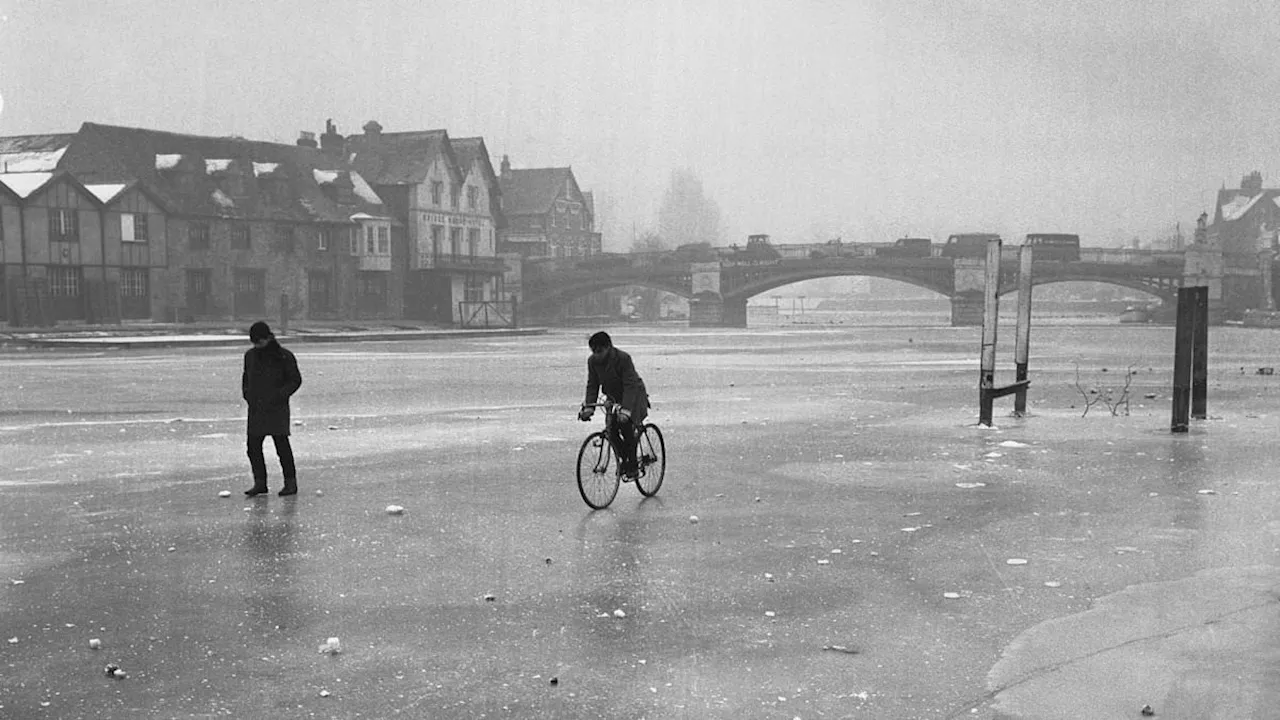This article recounts the devastating effects of the 1963 winter in Britain, known as the Big Freeze. It compares the current weather conditions to the historically harsh conditions of that winter, highlighting the record low temperatures, widespread snow, and widespread disruption to daily life.
Winter in Britain is finally biting after weeks of milder than average weather. Snow has wreaked havoc and temperatures have plummeted across the country. But, whatever happens, it is unlikely that there will be a repeat of the Big Freeze of 1963, when Britons weathered the most ferocious winter in living memory. In what was the coldest winter for 200 years, even the Thames froze over in places - evoking memories of frost fairs that were held on the river in previous centuries.
During unprecedented cold weather that began on Boxing Day in 1962 and continued until March, snow was non-stop in many places, to the point where telephone wires were weighed down until they touched the ground. Temperatures were an average of -2C (28F) for more than two months, whilst in Braemar, Aberdeenshire, they fell as low as -22C (-7.6F). Many schools were also closed and power cuts hit thousands of homes, and football matches stopped for months. At the time, Britain had just emerged from the terrifying Cuban Missile Crisis, when the United States and the Soviet Union came close to all-out nuclear war. During the winter of 1963, parts of the River Thames froze over, evoking memories of frost fairs from previous centuries. Above: A cyclist on the Thames near Windsor Bridge, January 1963 Piccadilly Circus in London after a heavy snow fall during the winter of 1962-63 The Beatles were then just a largely unknown band from Liverpool, still relying on tours of northern ballrooms to make money - but the constant snowfall meant that many could not get to their gigs. The perils of winter were made starkly clear on the first day of the Big Freeze, when two trains collided in a snowdrift. The Mid-Day Scot crashed into the Liverpool to Birmingham Express on Boxing Day in 1962, leaving 18 people dead. Among those who died were young children aged between two and 12. The January of 1963 was the coldest month since 181
BRITAIN WINTER SNOW 1963 BIG FREEZE COLD WAVE
United Kingdom Latest News, United Kingdom Headlines
Similar News:You can also read news stories similar to this one that we have collected from other news sources.
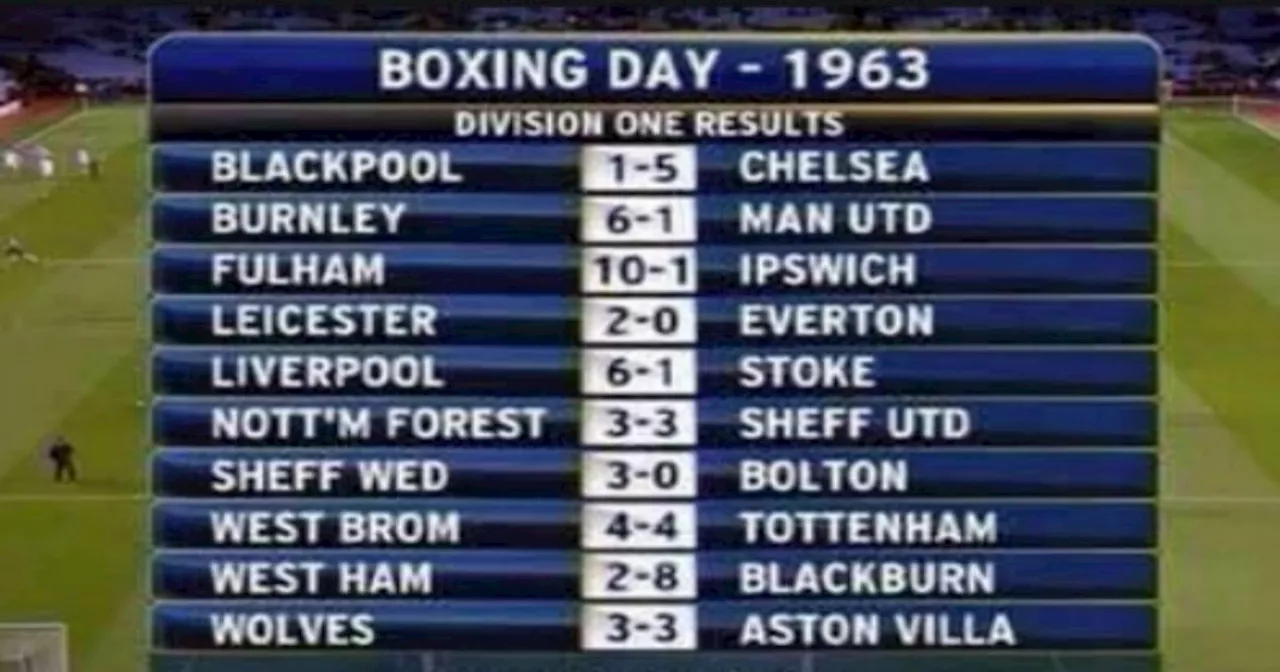 Remembering the Madness: Comparing Premier League Predictions to the Infamous 1963 Boxing DayThis article reimagines Premier League predictions by comparing them to the legendary goalscoring frenzy of the 1963 Boxing Day. It highlights the unique challenges of predicting outcomes in a season already known for its unpredictability.
Remembering the Madness: Comparing Premier League Predictions to the Infamous 1963 Boxing DayThis article reimagines Premier League predictions by comparing them to the legendary goalscoring frenzy of the 1963 Boxing Day. It highlights the unique challenges of predicting outcomes in a season already known for its unpredictability.
Read more »
 Boxing Day 1963: Remembering English football's Christmas goal-festThe mad results on 26 December 1963 – 66 goals in 10 games – are celebrated every year by English football fans and tabloids alike.
Boxing Day 1963: Remembering English football's Christmas goal-festThe mad results on 26 December 1963 – 66 goals in 10 games – are celebrated every year by English football fans and tabloids alike.
Read more »
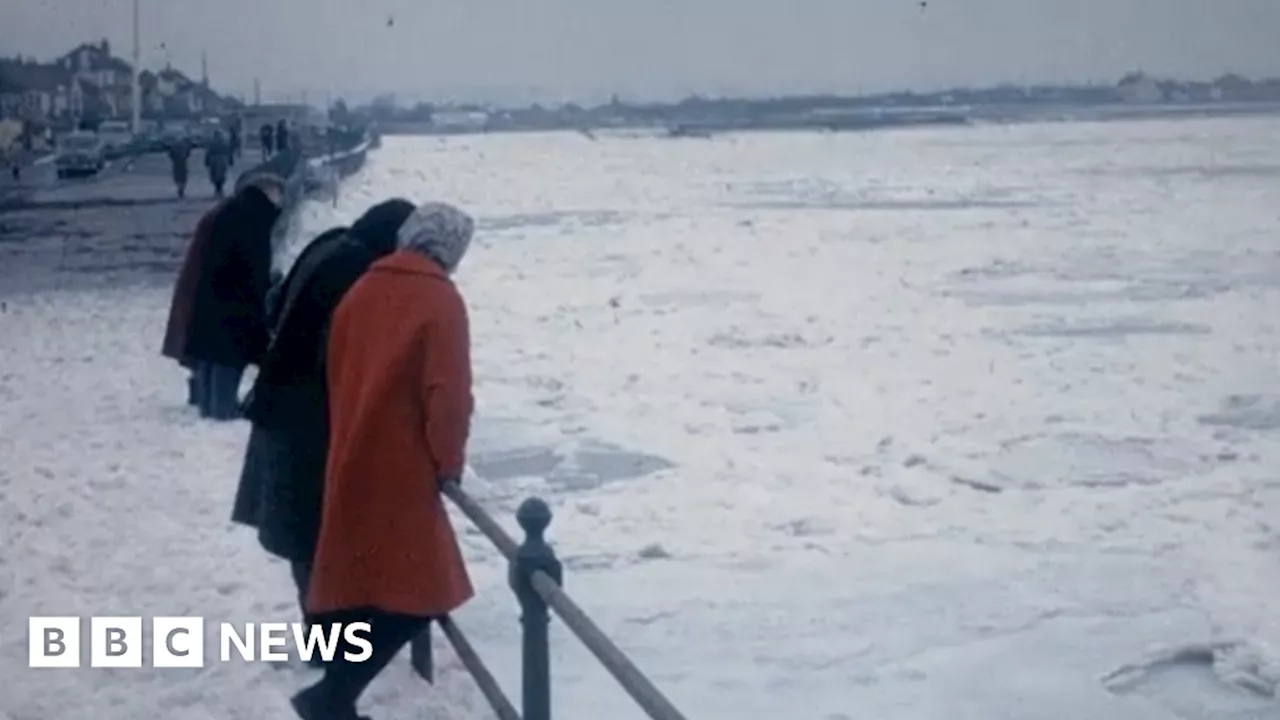 Kent 1963: The year the sea froze in Herne Bay and WhitstableThe winter of 1962 to 1963 was one of the coldest on record in the UK with temperatures of -20C.
Kent 1963: The year the sea froze in Herne Bay and WhitstableThe winter of 1962 to 1963 was one of the coldest on record in the UK with temperatures of -20C.
Read more »
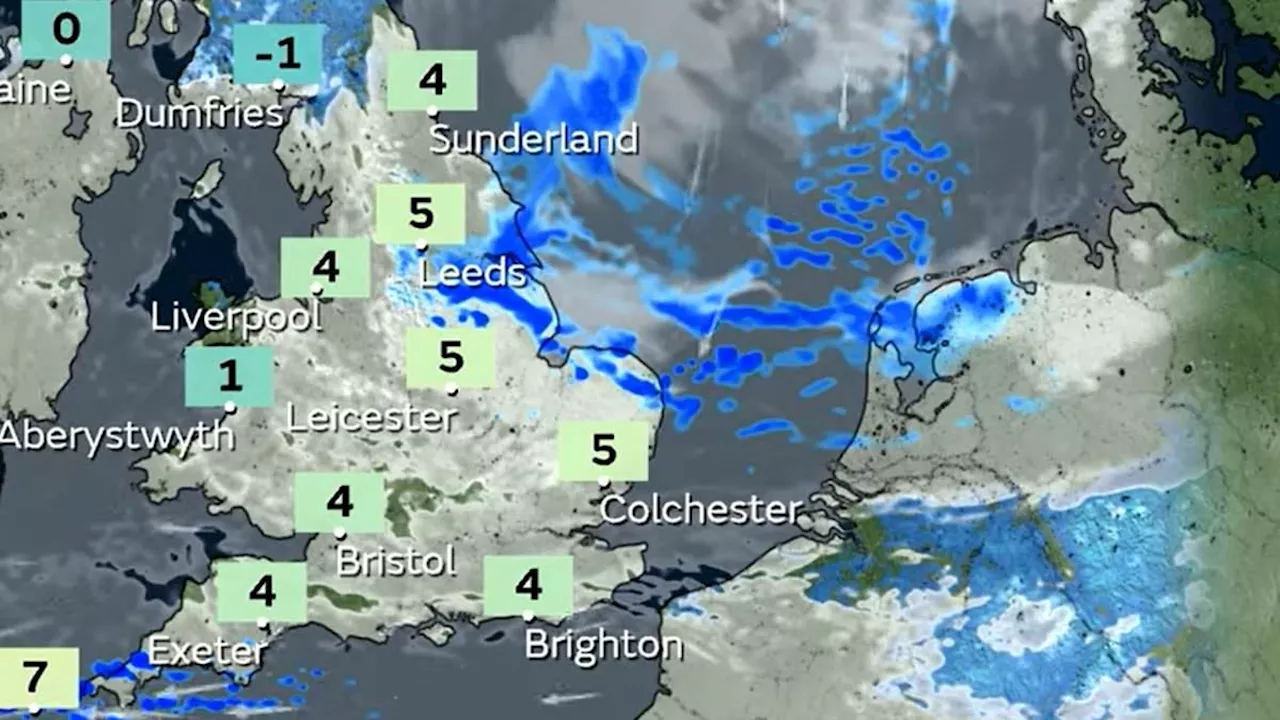 Deep freeze Britain: Map shows where temperatures will plunge on another frosty night after -11C...The Environment Agency still has 18 flood warnings in place across England, mostly for the River Severn and River Derwent, while there are also 62 flood alerts active following Storm Darragh.
Deep freeze Britain: Map shows where temperatures will plunge on another frosty night after -11C...The Environment Agency still has 18 flood warnings in place across England, mostly for the River Severn and River Derwent, while there are also 62 flood alerts active following Storm Darragh.
Read more »
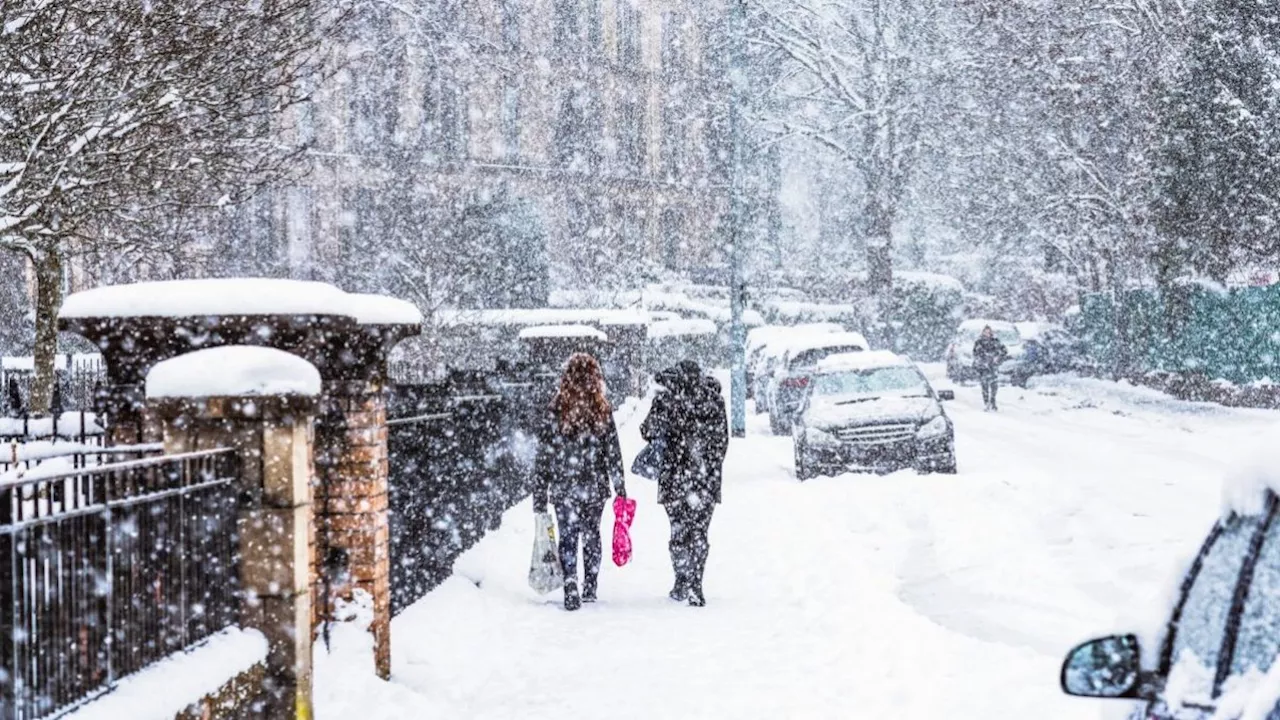 No, the UK is not about to be hit by a seven-day 'big freeze'The Met Office has dismissed predictions that the nation could be blanketed with snow
No, the UK is not about to be hit by a seven-day 'big freeze'The Met Office has dismissed predictions that the nation could be blanketed with snow
Read more »
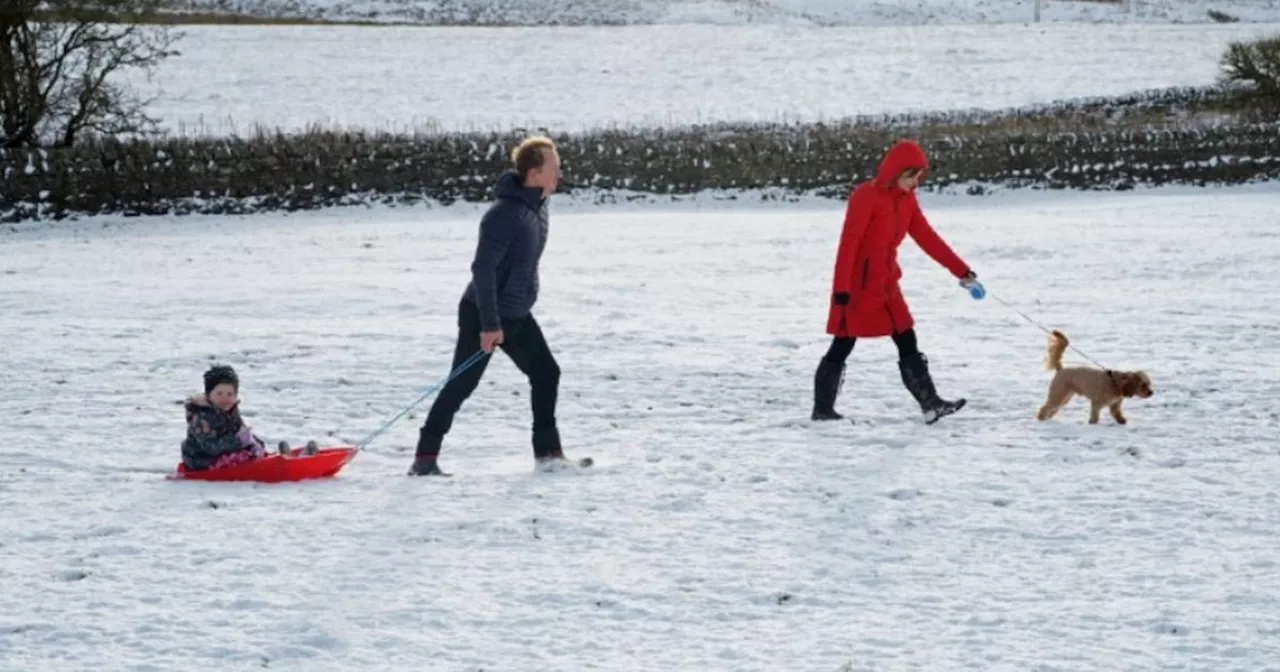 No White Christmas, But Big Freeze Expected in DecemberWeather forecaster James Madden predicts a mild Christmas Day but a snowy period in the final days of December and early 2025.
No White Christmas, But Big Freeze Expected in DecemberWeather forecaster James Madden predicts a mild Christmas Day but a snowy period in the final days of December and early 2025.
Read more »
